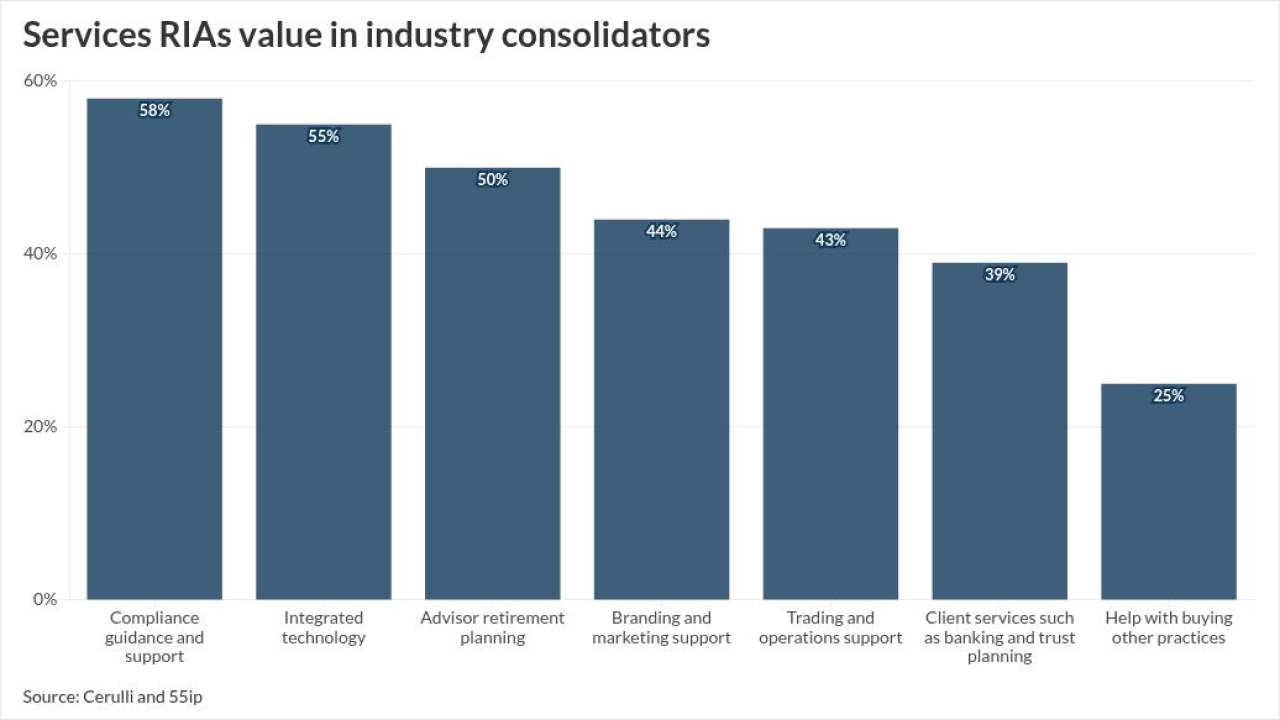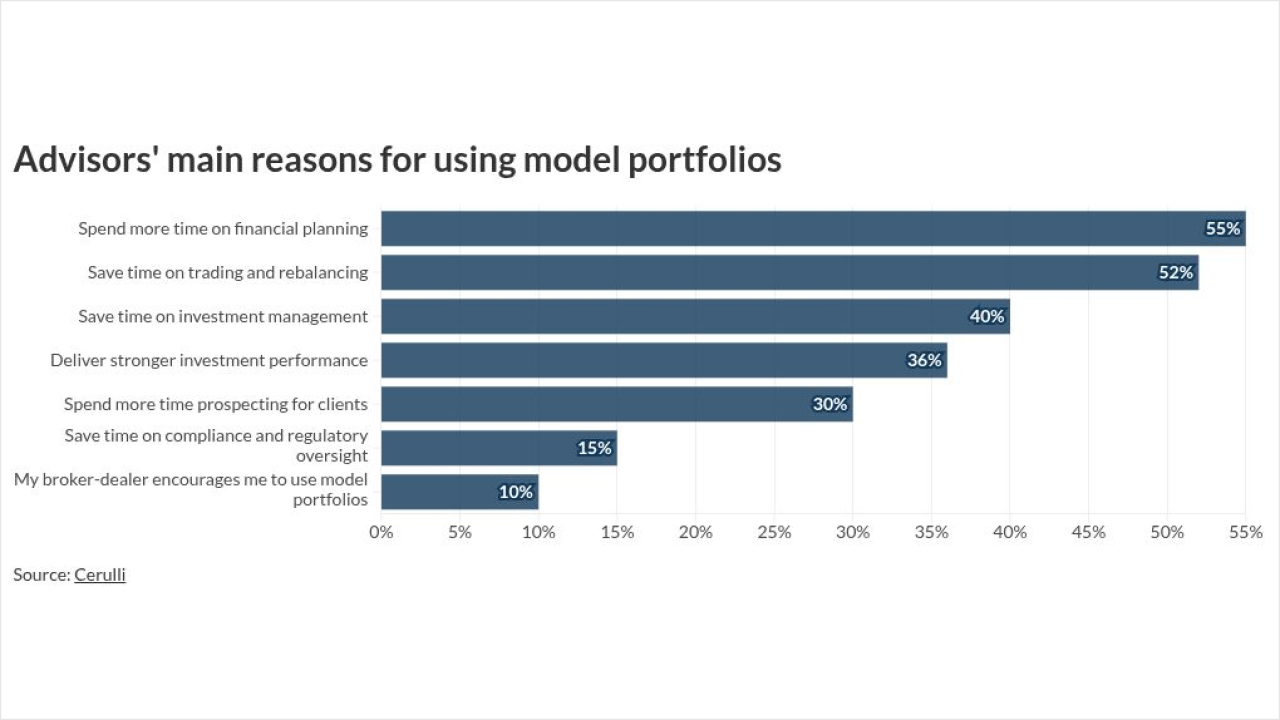Our weekly roundup of tax-related investment strategies and news your clients may be thinking about.
Yes, the new tax law has nearly doubled the standard deduction. However, clients who opt to itemize deductions may see a higher tax bill for 2018 since the new law places a lower limit on the state and local taxes deduction, according to this article from Motley Fool. Under the new law, it should not exceed $10,000. Clients paying more than this amount should expect their tax burden to be bigger this year.

With health care and long-term care costs on the rise, senior clients should consider buying a quality supplemental insurance plan, according to Morningstar analyst Christine Benz. It may help prevent these rising costs from derailing their retirement. Additionally, shopping around during Medicare open enrollment can help senior clients get the best possible coverage, Benz says. Although tax deductibility for healthcare costs is still available, "thanks to the new tax laws and higher standard deduction amounts, most taxpayers won't be itemizing their deductions," she writes.
The way retirement saving is subsidized is "ineffective, regressive and in pressing need of reform," writes Wall Street Journal wealth management expert Benjamin Harris. That's because the subsidy system gives limited value to many American workers and can be too complicated, he says. The solution? "Rather than making the subsidy dependent on tax rates, savers should get a transparent upfront credit for putting money into a retirement account — say 25% of contributions," Harris argues.
What some clients tried to claim on their tax returns shows they often don't know much about accounting.
Clients should look for tax strategies that minimize the tax hit on their loved ones’ inheritances, writes MarketWatch columnist Dan Moisand. For example, seniors can put their assets in a typical living trust so they can gain a step up in basis and minimize the tax bite when the assets are sold. Annuities in an IRA should be given to the loved one in the lowest tax bracket — as earnings from those annuities will be subject to taxes, he says.






